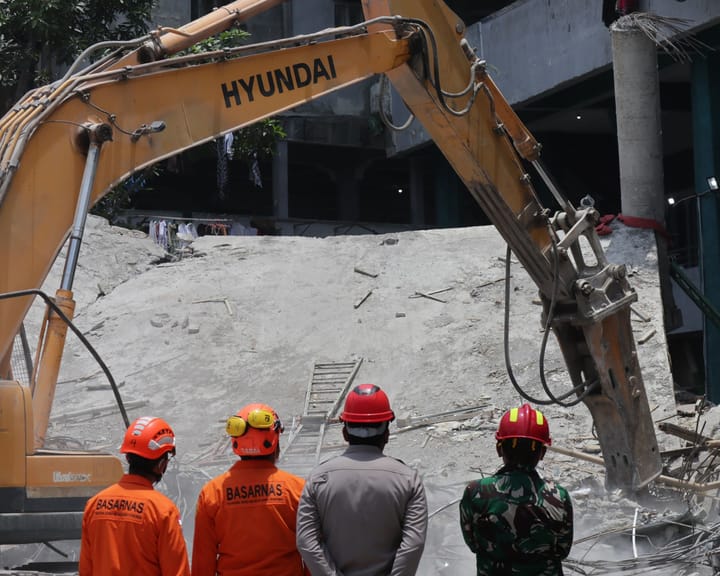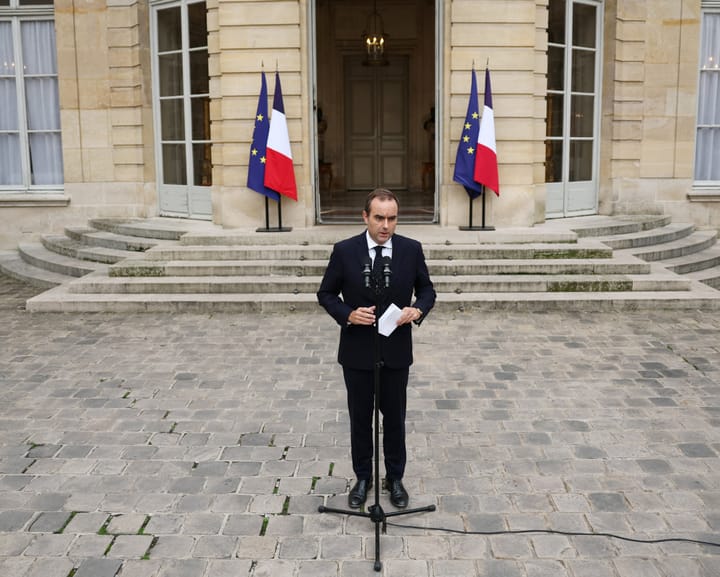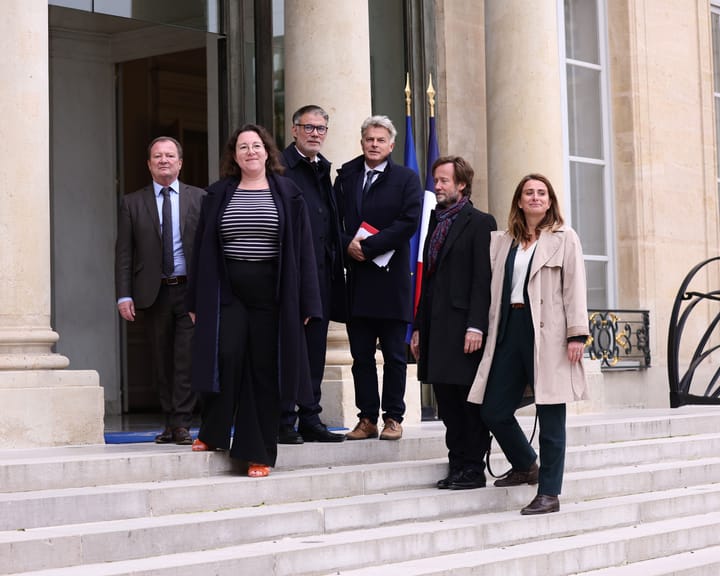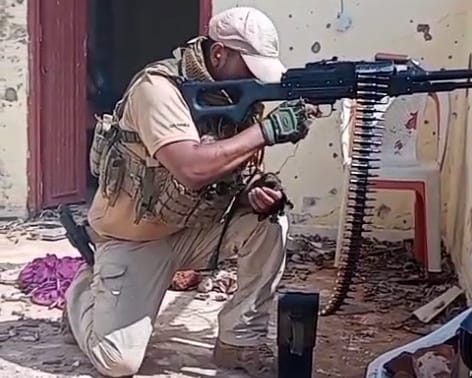For Colombian fighters accustomed to years of jungle combat, Sudan’s war initially felt sluggish.
"In Sudan, everyone sleeps at night—there’s no security because they all go to bed," said Carlos, one of hundreds of Colombians recruited to fight in the African nation. "We’re used to a different kind of conflict."
When Carlos and his unit reached the frontlines, they pushed forward under cover of darkness, advancing into hostile terrain. "Then the battles intensified—and so did the casualties," he said.
Carlos arrived in Sudan earlier this year, nearly two years into the country’s brutal civil war between the Sudanese military and the paramilitary Rapid Support Forces (RSF).
According to UN officials, the fighting has triggered one of the worst humanitarian crises in recent memory: 150,000 deaths, abductions and assaults on women and girls, and nearly 13 million displaced—the largest such crisis in the world.
Around 260,000 people remain stuck in El Fasher, the capital of North Darfur and the military’s last major stronghold in the region, besieged for over 500 days. Aid has not reached the devastated city for nearly 18 months, forcing some children to survive on insects and animal feed.
It is here that the Colombians, fighting alongside the RSF, have now been deployed. "War is a business," remarked Carlos.
Reports of their involvement first surfaced last year when an investigation by Bogotá-based outlet La Silla Vacía revealed that over 300 former soldiers had been hired to fight—prompting an unprecedented apology from Colombia’s foreign ministry.
But their role goes beyond combat: fighters have acknowledged training Sudanese child soldiers and have been photographed in Zamzam, Sudan’s largest displacement camp. In April, the RSF descended on Zamzam, killing between 300 and 1,500 people in what the UN labeled one of the war’s worst atrocities.
Mohamed Khamis Douda, a spokesperson for the Darfur camp, recently told the Sudan Tribune: "We have seen two crimes—the forced displacement of our people by the RSF, and now the occupation of our camp by foreign fighters."
The United Arab Emirates, long accused of supplying arms and support to the RSF, has been linked to hiring the Colombians through private security firms. The UAE has repeatedly denied these claims.
Unlike some Colombians who say they were misled into believing they would guard Emirati oil installations, Carlos knew he was headed for war—though only that it was in Africa.
His journey began with medical tests in Bogotá, followed by signing a $2,600 monthly contract. He was then flown through Europe to Ethiopia, then to an Emirati base in Bosaso, Somalia, he said. Later, he was taken to Nyala in Sudan, now infamous as the center for Colombian involvement in the conflict.
Read next

"Indonesia school collapse: rescue efforts conclude with 67 fatalities"
Search Ends After Indonesian School Collapse Leaves Dozens Dead
Indonesian rescuers concluded their search on Tuesday for victims trapped beneath the rubble of a collapsed Islamic boarding school in East Java, after recovering more than 60 bodies, authorities confirmed.
The tragedy in the town of Sidoarjo struck last week when

"French PM makes last-ditch effort to save government as crisis deepens – Europe updates"
France's Political Standoff Continues as Prime Minister Seeks Cross-Party Support
France remains at a political stalemate as the outgoing prime minister, Sébastien Lecornu, makes a final attempt to gather support from rival parties for a new government.
President Emmanuel Macron assigned Lecornu, 39, to form a government in

"Macron calls emergency talks with parties to swiftly pick new PM"
Emmanuel Macron has called upon the leaders of several political factions to his office, urging them to demonstrate "collective responsibility" as he seeks to appoint a new prime minister amid growing political turmoil.
All parties except Marine Le Pen’s far-right National Rally, the largest opposition group, and

